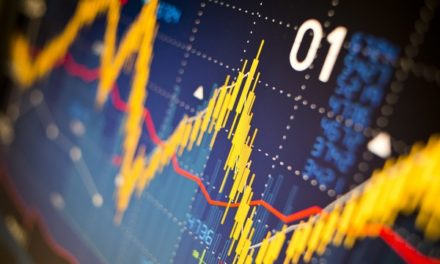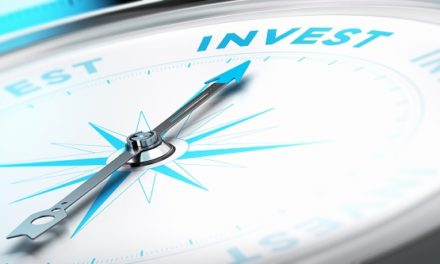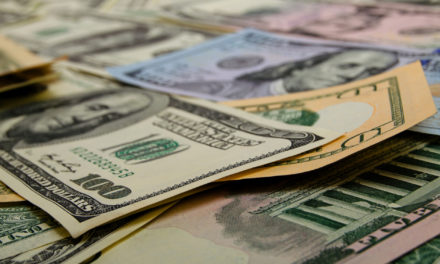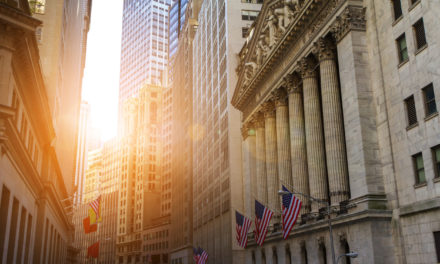
“Someone’s sitting in the shade today because someone planted a tree a long time ago.”
— Warren Buffett
The wisdom of Warren Buffett reflects a value-based philosophy about investing that says investors are buying shares in a business, and encourages strategic thinking about investment time horizon. Before placing a buy order for a stock, a great question we can ask is whether we would still be comfortable making the investment if we couldn’t sell it for many years?
A “buy-and-hold” approach may call for a time horizon that spans a long period of time — maybe even lasting for a twenty year holding period. Suppose such a “buy-and-hold” investor had looked into buying shares of Deere & Co. (NYSE: DE) back in 2005. Let’s take a look at how such an investment would have worked out for that buy-and-hold investor:
| Start date: | 01/03/2005 |
|
|||
| End date: | 01/02/2025 | ||||
| Start price/share: | $36.47 | ||||
| End price/share: | $418.18 | ||||
| Starting shares: | 274.20 | ||||
| Ending shares: | 405.07 | ||||
| Dividends reinvested/share: | $49.40 | ||||
| Total return: | 1,593.93% | ||||
| Average annual return: | 15.19% | ||||
| Starting investment: | $10,000.00 | ||||
| Ending investment: | $169,421.53 | ||||
As we can see, the twenty year investment result worked out exceptionally well, with an annualized rate of return of 15.19%. This would have turned a $10K investment made 20 years ago into $169,421.53 today (as of 01/02/2025). On a total return basis, that’s a result of 1,593.93% (something to think about: how might DE shares perform over the next 20 years?). [These numbers were computed with the Dividend Channel DRIP Returns Calculator.]
Many investors out there refuse to own any stock that lacks a dividend; in the case of Deere & Co., investors have received $49.40/share in dividends these past 20 years examined in the exercise above. This means total return was driven not just by share price, but also by the dividends received (and what the investor did with those dividends). For this exercise, what we’ve done with the dividends is to assume they are reinvestted — i.e. used to purchase additional shares (the calculations use closing price on ex-date).
Based upon the most recent annualized dividend rate of 6.48/share, we calculate that DE has a current yield of approximately 1.55%. Another interesting datapoint we can examine is ‘yield on cost’ — in other words, we can express the current annualized dividend of 6.48 against the original $36.47/share purchase price. This works out to a yield on cost of 4.25%.
Another great investment quote to think about:
“If you’re prepared to invest in a company, then you ought to be able to explain why in simple language that a fifth grader could understand, and quickly enough so the fifth grader won’t get bored.” — Peter Lynch




